2001 Chevrolet Monte Carlo Brake Rotors and Pads
Click here to search another vehicle
All Rotors:
OEM x
Coated x
Drilled, Slotted and Coated x
Front x
Rear x
All Pads:
Ceramic x
Semi-metallic x
Front x
Rear x
Found 13 record
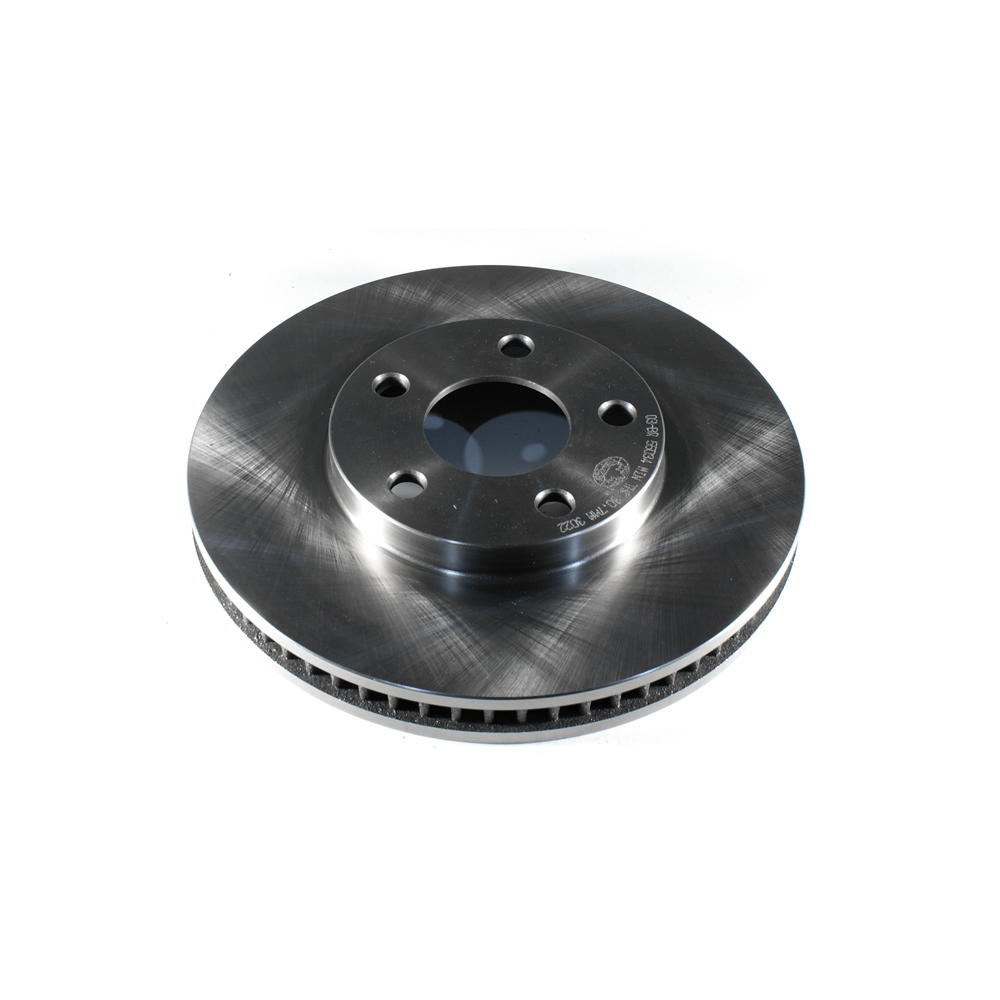
Part No: BR55034
Raybestos: 56641
OE: 18060640
Raybestos: 56641
OE: 18060640
$38.88 each
Per Car QTY: 2
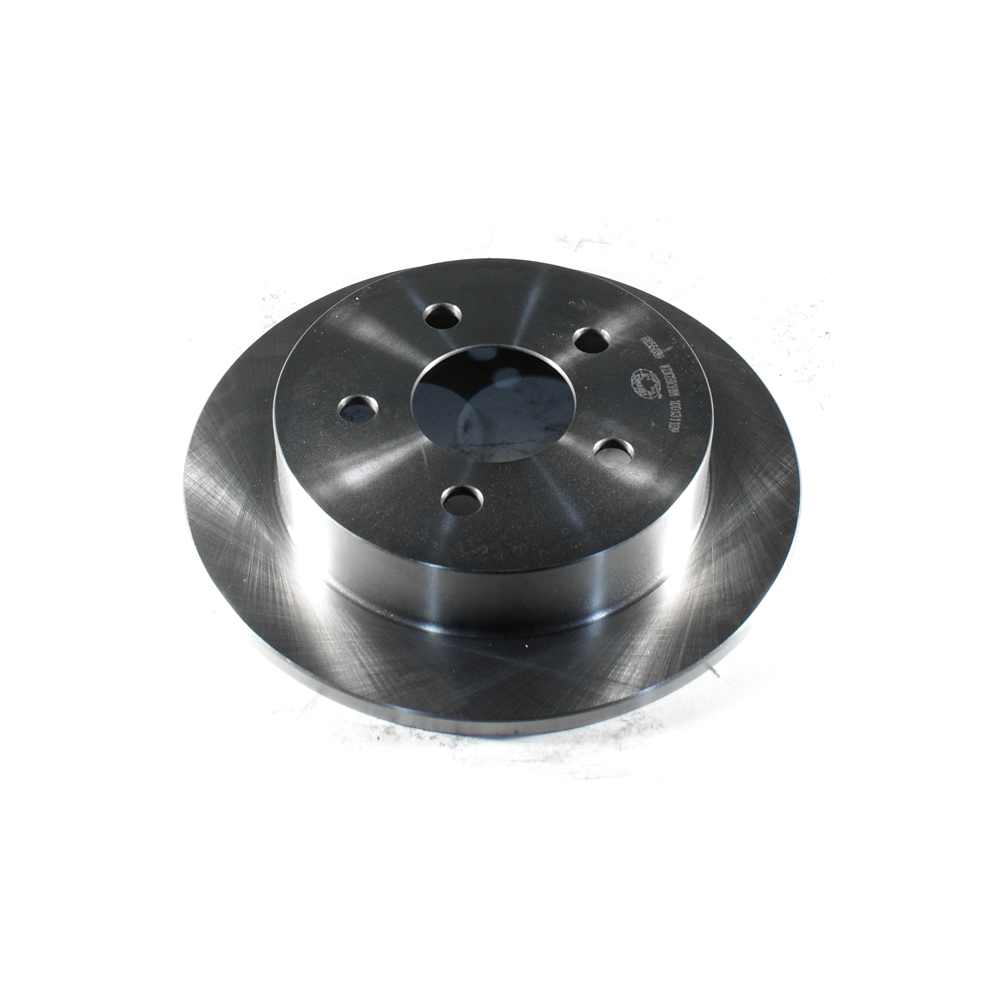
Part No: BR55039
Raybestos: 56629
OE: 18060232
Raybestos: 56629
OE: 18060232
$27.74 each
Per Car QTY: 2
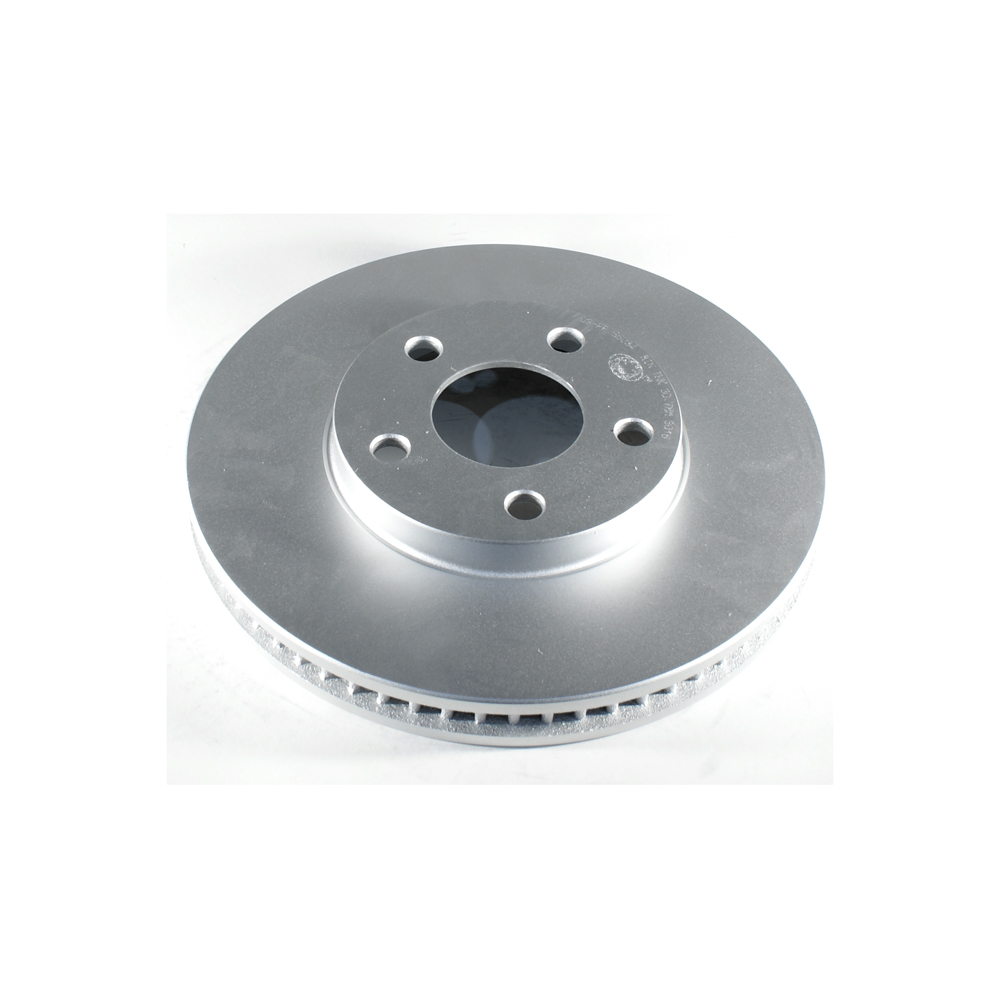
Part No: PP55034
Raybestos: 56641
OE: 18060640
Raybestos: 56641
OE: 18060640
$55.19 each
Per Car QTY: 2
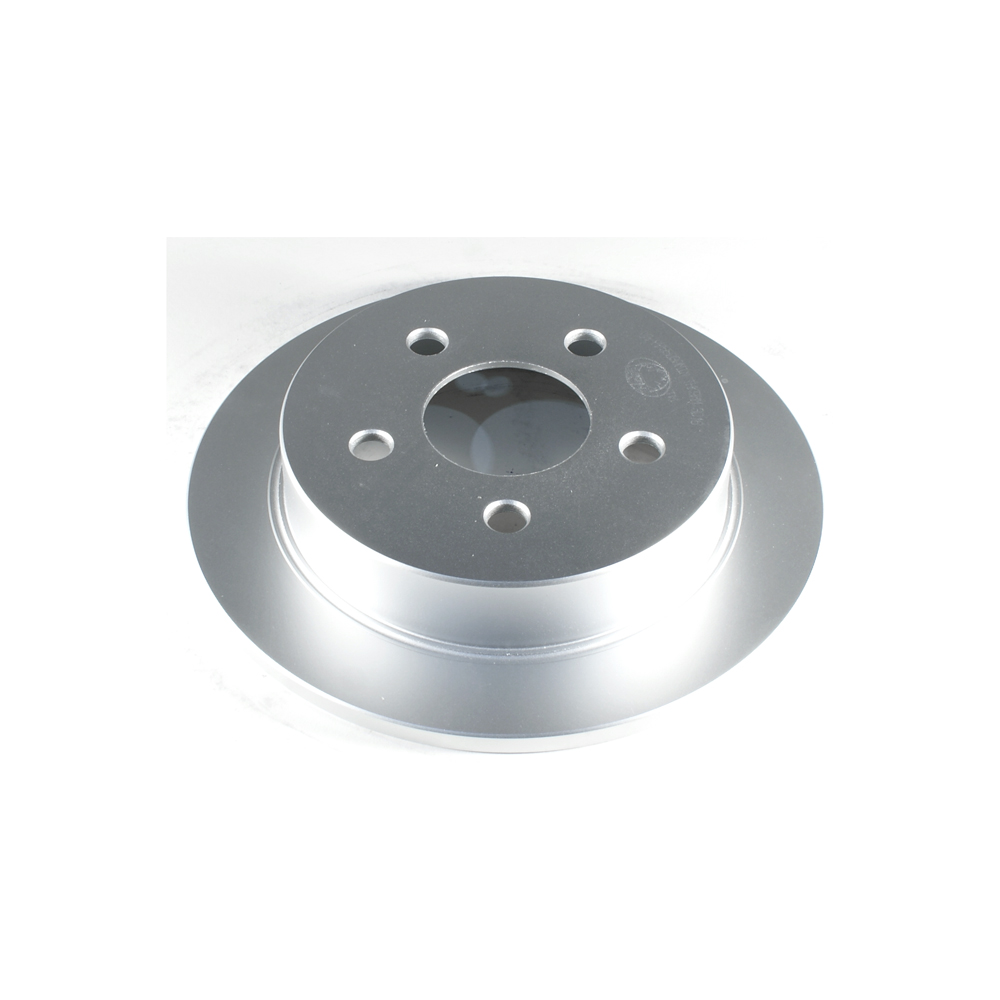
Part No: PP55039
Raybestos: 56629
OE: 18060232
Raybestos: 56629
OE: 18060232
$37.98 each
Per Car QTY: 2
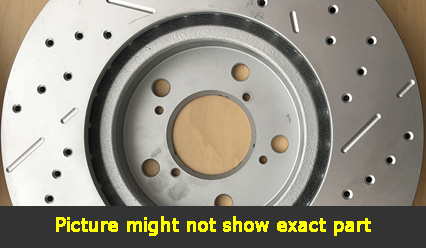
Part No: SP55034L
Raybestos: 56641
OE: 18060640
Raybestos: 56641
OE: 18060640
$87.59 each
Per Car QTY: 1
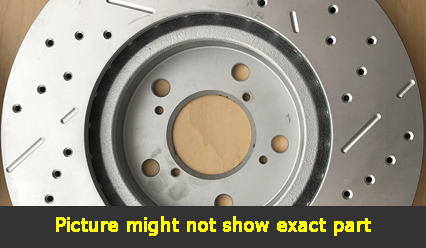
Part No: SP55034R
Raybestos: 56641
OE: 18060640
Raybestos: 56641
OE: 18060640
$87.59 each
Per Car QTY: 1
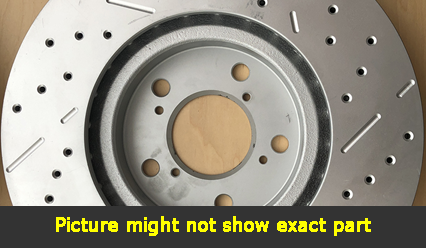
Part No: SP55039L
Raybestos: 56629
OE: 18060232
Raybestos: 56629
OE: 18060232
$70.38 each
Per Car QTY: 1
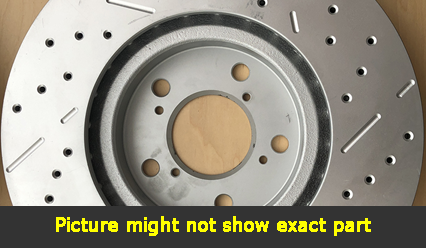
Part No: SP55039R
Raybestos: 56629
OE: 18060232
Raybestos: 56629
OE: 18060232
$70.38 each
Per Car QTY: 1
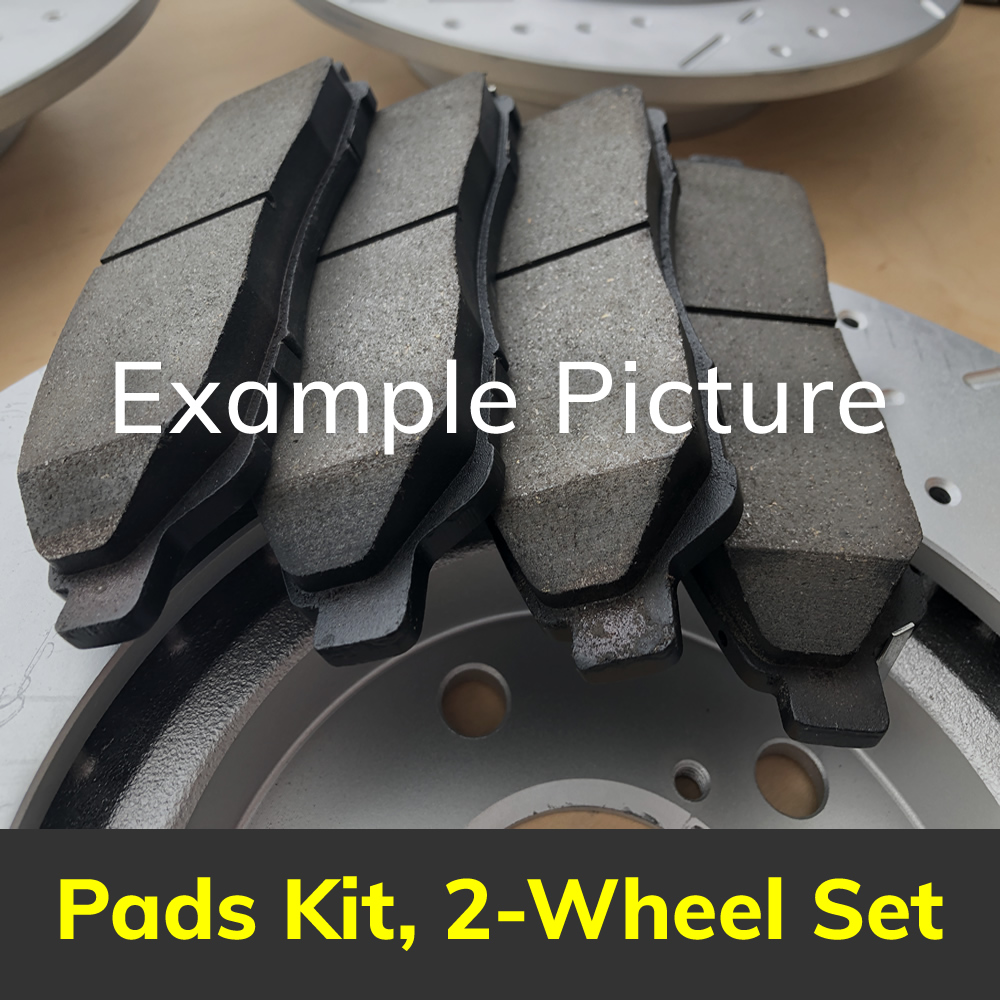
Part No: PD699C
Raybestos: 699
OE:
Raybestos: 699
OE:
$30.62 each
Per Car QTY: 1
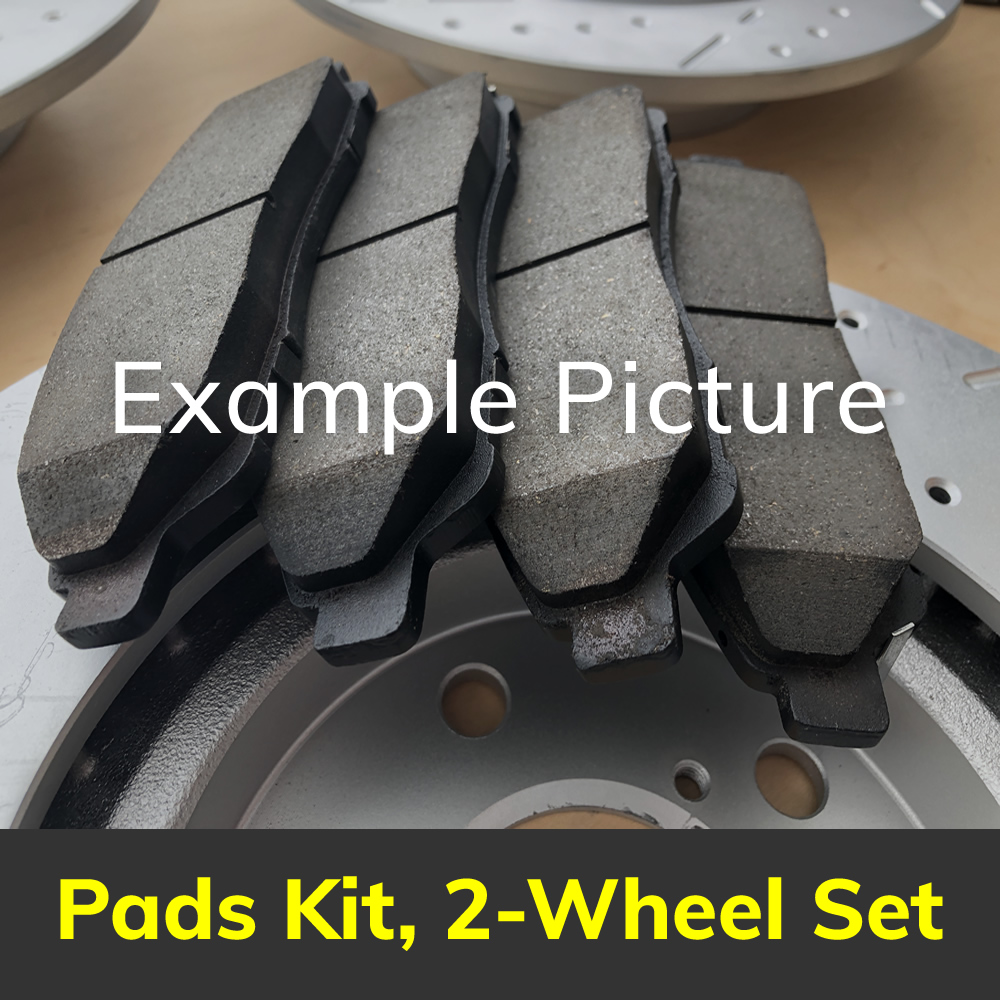
Part No: PD698C
Raybestos: 698
OE:
Raybestos: 698
OE:
$27.83 each
Per Car QTY: 1
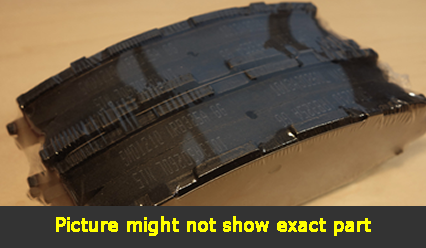
Part No: SMD376
Raybestos:
OE:
Raybestos:
OE:
$21.06 each
Per Car QTY: 1
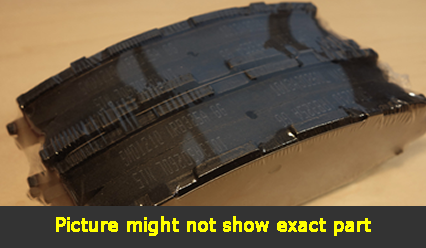
Part No: SMD699
Raybestos:
OE:
Raybestos:
OE:
$21.98 each
Per Car QTY: 1

Part No: SMD698
Raybestos: 698
OE:
Raybestos: 698
OE:
$20.83 each
Per Car QTY: 1
The brakes of a 2001 Chevrolet Monte Carlo are a critical component of the vehicle's safety system. They are designed to slow down and stop the car when needed, providing the driver with the control necessary to navigate the roads.
The braking system on the 2001 Chevrolet Monte Carlo consists of various components, all working together to ensure efficient and reliable stopping power. The main components include the brake pads, brake rotors, calipers, brake lines, and the brake master cylinder.
The brake pads are essential in stopping the car. They are made of friction material that is pressed against the rotating brake rotor when the brakes are applied. This friction converts the kinetic energy of the car into heat energy, slowing down the vehicle. Over time, the brake pads wear down and need to be replaced to maintain optimal braking performance.
The brake rotors, on the other hand, are the discs that the brake pads press against. They are typically made of cast iron or composite materials and are designed to withstand high temperatures. Like brake pads, rotors can wear out and develop a uneven surface, leading to vibrations and reduced braking efficiency. Regular inspection and maintenance of the rotors are crucial to ensure smooth braking.
The calipers are responsible for holding the brake pads and applying the necessary force against the rotors. They contain pistons that push the brake pads against the rotors when the brake pedal is pressed. Calipers can also become worn or damaged over time, affecting their ability to apply consistent pressure and resulting in decreased braking performance.
The brake lines are responsible for transferring the hydraulic pressure applied by the brake pedal to the calipers. These lines may experience wear and tear as the vehicle ages, becoming susceptible to leakage. Leaking brake lines can cause a loss of pressure and compromise the overall braking efficiency of the vehicle.
Lastly, the brake master cylinder is responsible for generating and storing hydraulic pressure when the brake pedal is depressed. This pressure is then transmitted through the brake lines to the calipers. Any malfunction or leakage in the master cylinder can severely impact the braking performance, leading to potential safety hazards.
To ensure the brakes on the 2001 Chevrolet Monte Carlo remain in optimal condition, regular inspections and maintenance are essential. Regularly checking the thickness of the brake pads, inspecting the rotors for wear, and ensuring the brake lines are free from leaks are all important steps in maintaining the brakes' effectiveness.
Additionally, it is crucial to follow the manufacturer's recommendations for brake fluid flushes. Brake fluid can become contaminated over time, causing a decrease in performance and potentially damaging the brake system. Routine brake fluid flushes help maintain the fluid's integrity and ensure proper braking function.
In conclusion, the brakes of a 2001 Chevrolet Monte Carlo are crucial for safe and reliable stopping power. Regular maintenance and inspections of the brake pads, rotors, calipers, brake lines, and master cylinder are essential to ensure optimal braking performance. By taking care of the brakes, Monte Carlo owners can navigate the roads with confidence and peace of mind.
The braking system on the 2001 Chevrolet Monte Carlo consists of various components, all working together to ensure efficient and reliable stopping power. The main components include the brake pads, brake rotors, calipers, brake lines, and the brake master cylinder.
The brake pads are essential in stopping the car. They are made of friction material that is pressed against the rotating brake rotor when the brakes are applied. This friction converts the kinetic energy of the car into heat energy, slowing down the vehicle. Over time, the brake pads wear down and need to be replaced to maintain optimal braking performance.
The brake rotors, on the other hand, are the discs that the brake pads press against. They are typically made of cast iron or composite materials and are designed to withstand high temperatures. Like brake pads, rotors can wear out and develop a uneven surface, leading to vibrations and reduced braking efficiency. Regular inspection and maintenance of the rotors are crucial to ensure smooth braking.
The calipers are responsible for holding the brake pads and applying the necessary force against the rotors. They contain pistons that push the brake pads against the rotors when the brake pedal is pressed. Calipers can also become worn or damaged over time, affecting their ability to apply consistent pressure and resulting in decreased braking performance.
The brake lines are responsible for transferring the hydraulic pressure applied by the brake pedal to the calipers. These lines may experience wear and tear as the vehicle ages, becoming susceptible to leakage. Leaking brake lines can cause a loss of pressure and compromise the overall braking efficiency of the vehicle.
Lastly, the brake master cylinder is responsible for generating and storing hydraulic pressure when the brake pedal is depressed. This pressure is then transmitted through the brake lines to the calipers. Any malfunction or leakage in the master cylinder can severely impact the braking performance, leading to potential safety hazards.
To ensure the brakes on the 2001 Chevrolet Monte Carlo remain in optimal condition, regular inspections and maintenance are essential. Regularly checking the thickness of the brake pads, inspecting the rotors for wear, and ensuring the brake lines are free from leaks are all important steps in maintaining the brakes' effectiveness.
Additionally, it is crucial to follow the manufacturer's recommendations for brake fluid flushes. Brake fluid can become contaminated over time, causing a decrease in performance and potentially damaging the brake system. Routine brake fluid flushes help maintain the fluid's integrity and ensure proper braking function.
In conclusion, the brakes of a 2001 Chevrolet Monte Carlo are crucial for safe and reliable stopping power. Regular maintenance and inspections of the brake pads, rotors, calipers, brake lines, and master cylinder are essential to ensure optimal braking performance. By taking care of the brakes, Monte Carlo owners can navigate the roads with confidence and peace of mind.


